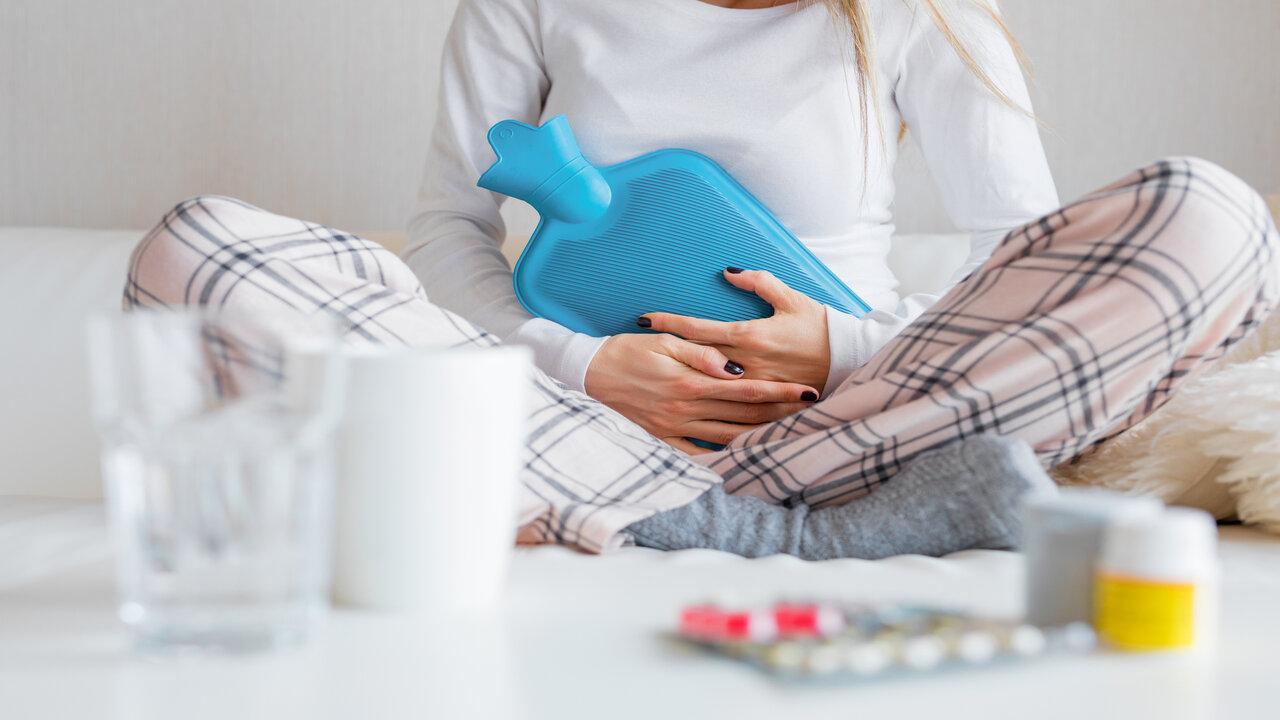Pushpa Soni, Consultant Obstetrician and Gynaecologist, lists risk factors, symptoms, and treatments of uterine fibroids

Representative image. Pic/iStock
Uterine fibroids are noncancerous or benign tumours that grow in or on the uterus of women of childbearing age, primarily between 30 to 50 years. Medically, they are known as leiomyomas or myomas. Although many women have fibroids with no symptoms, others can experience painful menstruation or heavy bleeding during periods or both, says an expert.
Pushpa Soni, Consultant Obstetrician and Gynaecologist, Columbia Asia Hospital, Pune, says: "Studies have found that 37.65 per cent women in rural India and 24 per cent women in urban India have uterine fibroid. Therefore, women must pay attention to the signs and symptoms that may point at the presence of a uterine fibroid, and the warning signs that require medical attention."
She adds: "Uterine fibroids may vary in size and shape, and may impact the symptoms. They can be as small as the seed of an apple or as big as a grape. A grape-sized fibroid may cause pelvic pressure, making the woman look pregnant due to abdominal growth. Very large fibroids are unusual, but cannot be ruled out completely. They can cause medical conditions such as infertility and anaemia, and may affect an ongoing pregnancy."
Soni points out: "Large fibroids may prevent the foetus from getting the correct foetal position, and increase the mother's risk of a breech birth (when a baby is born bottom first instead of head first) or mal-presentation of the foetal head. It may also increase the chances of a pre-term or a C-section delivery."
Risk factors and symptoms of uterine fibroids
Several factors may influence the formation of fibroids although it is unclear why they develop. However, estrogen and progesterone, the two hormones produced by ovaries, cause the uterine lining to regenerate during each menstrual cycle and may stimulate the growth of fibroids. Fibroids may develop and grow rapidly during pregnancy, they may swell when estrogen levels are high, she says.
Following are a few risk factors that may impact the chances of developing these muscle-and-tissue growths:
* Obesity
* Family history of fibroids
* Women who are nulliparous (do not have children)
* Getting period at a young age
* Late menopause
Common symptoms of uterine fibroids may include:
* Heavy menstrual bleeding
* Anaemia due to blood loss that may cause insomnia, fatigue, hair loss, and palpitations
* Bleeding between periods
* Painful intercourse
* Increased urination
* Pain in pelvis or lower back
* Swelling or enlargement of the abdomen
* Constipation
* Leg pain
However, a woman must immediately consult a doctor if she has one or more of the following:
* Pelvic pain that does not get better
* Extremely heavy, prolonged or painful menstrual bleeding
* Spotting between periods or menstrual cycles
* Difficulty while urinating
* Unexplained low Red Blood Cell (RBC) count, indicating anaemia
Treatment of uterine fibroids
The expert states that depending on the size and location of the fibroids, the age, symptoms, and reproductive choices of the woman, uterine fibroids can be treated through medication or surgeries.
Medications may include:
* Birth control pills
* Oral hormonal medications
* Hormonal injections
* Iron supplements
Surgical interventions may include:
* Hormonal intrauterine device (IUD)
* Hysterectomy (removal of uterus)
* Myomectomy (removal of fibroids)
* Minimally invasive procedures such as uterine artery embolization, radiofrequency ablation, and laparoscopic myomectomy
It is advisable to always consult the right treatment method with your gynaecologist and avoid self-medication.
ADVERTISEMENT
This story has been sourced from a third party syndicated feed, agencies. Mid-day accepts no responsibility or liability for its dependability, trustworthiness, reliability and data of the text. Mid-day management/mid-day.com reserves the sole right to alter, delete or remove (without notice) the content in its absolute discretion for any reason whatsoever
 Subscribe today by clicking the link and stay updated with the latest news!" Click here!
Subscribe today by clicking the link and stay updated with the latest news!" Click here!






